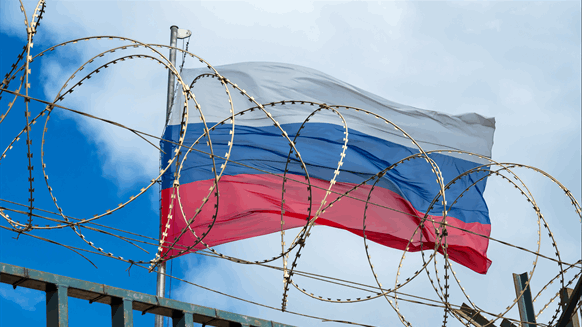Bulgarian lawmakers on Thursday approved a motion to phase out imports of Russian crude, bringing the country in line with other members of the European Union.
The move will force Lukoil PJSC’s local Neftohim refinery, the largest in southeastern Europe, to look for alternative raw materials. That’s a tall order, as the plant mainly processes Russian crude and the more obvious replacement barrels, sourced from Kazakhstan, are already in demand in neighboring Romania.
Bulgaria and a handful of other EU countries are exempt from the bloc’s ban on Russian crude imports until the end of 2024, but Sofia is bringing it forward. Lawmakers voted to curb the use of Russian oil at Lukoil’s refinery to 80 percent by the end of this year and phase it out entirely by next October.
“The issue of withdrawing Russian oil for the refinery is primarily a logistical issue,” Finance Minister Assen Vassilev said in an interview late Wednesday. “To switch to non-Black Sea oil, the actual storage capacity has to be substantially increased, perhaps doubled, so that the refinery can run 20 to 30 days potentially without a tanker coming in” .
Crude shipments from the Russian Urals via the Black Sea to Bulgaria have surged in recent weeks, exceeding 180,000 barrels per day, triple the level seen earlier this year. Alternatives include Kazakh crude shipped through the Russian port of Novorossiysk, but a Kazakh-owned refinery in Romania, which halted Russian imports last year, already takes some of that supply.
Bulgaria may have to look further afield to the Middle East or North Africa to replace Russian barrels at the Lukoil refinery, whose output accounts for most of the Balkan country’s diesel and gasoline supplies .
The lawmakers’ move adds to Bulgaria’s efforts to diversify its energy supply after years of relying almost entirely on Russia for natural gas, oil and fuel for its Soviet-style nuclear plant. In the aftermath of the Kremlin’s war in Ukraine, Bulgaria was cut off from Russian gas supplies and forced to look to Azerbaijan and regional sources of liquefied natural gas for alternatives.
In July, the government ended Lukoil’s port lease, part of the infrastructure supporting the Neftohim refinery. It is also working to secure licenses for nuclear fuel from Westinghouse Electric Co. LLC.
–With help from Julian Lee.


